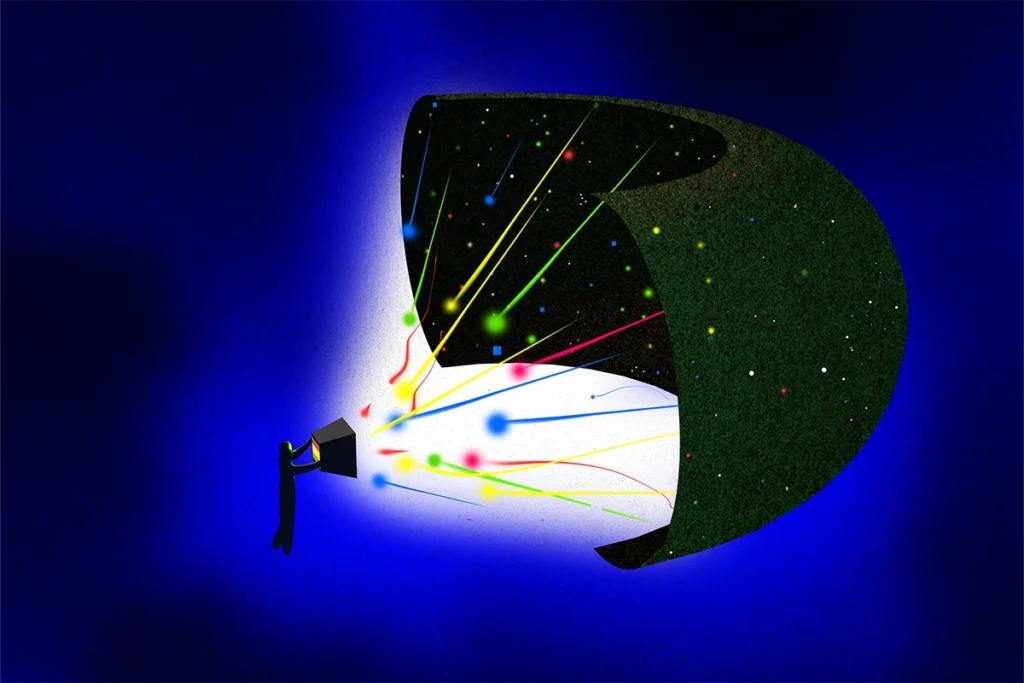What do neuroscientists mean when they use the term ‘representation’?
A group of neuroscientists and philosophers discuss the use and misuse of the term “representation” across the cognitive sciences and how it influences the way we interpret the connection between neural, behavioral and mental activity.
The way neuroscientists use the term “representation” shapes their explanations of neural activity related to behavior and cognition. In this “Brain Inspired” episode, a group of philosophers and neuroscientists share their views on what, if anything, should be done about the unclear and confusing way “representation” is used across brain and mind studies. Paul Middlebrooks is joined by Luis Favela, associate professor at Indiana University Bloomington; Edouard Machery, director of the Center for Philosophy of Science at the University of Pittsburgh; Frances Egan, professor emerita at Rutgers University; Rosa Cao, assistant professor at Stanford University; and John Krakauer, professor at Johns Hopkins University.
For more on these ideas, see “What are we talking about? Clarifying the fuzzy concept of representation in neuroscience and beyond.”
Read the transcript.
Recommended reading
Three ecological psychologists on the right and wrong ways to use the field’s principles in neuroscience
Modern AI is simply no match for the complexity likely required for harboring consciousness, says Jaan Aru
Michael Shadlen explains how theory of mind ushers nonconscious thoughts into consciousness
Explore more from The Transmitter
Grace Hwang and Joe Monaco discuss the future of NeuroAI
Hessameddin Akhlaghpour outlines how RNA may implement universal computation
